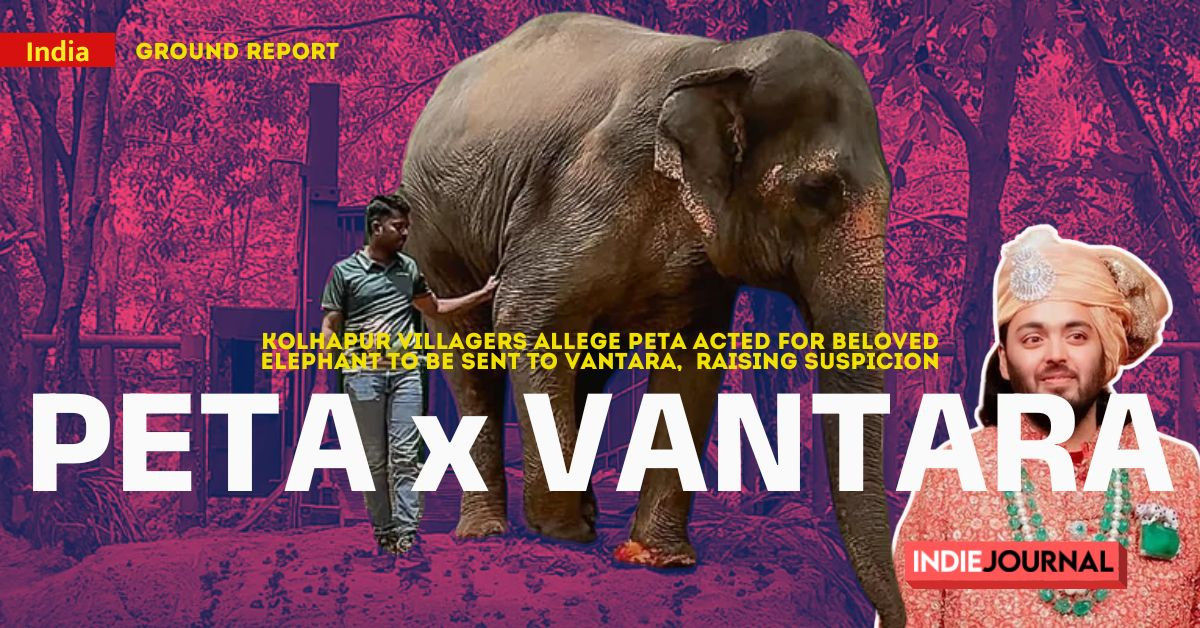India
World Rhino Day: COVID lockdowns reduce poaching in 2020, but long term threats of habitat loss, breeding persist for the endangered rhinos
International Rhino Foundation released State of the Rhino report, bringing attention to poaching and various other threats to the five rhino species across the world

The Coronavirus pandemic brought about a short term poaching relief to rhinos around the world in the first half of 2020, however, long term concerns persist as poaching has increased as the lockdown restrictions have been eased in different parts of the world, shows the State of the Rhino report by the International Rhino Foundation. The report has been published by the organisation on the occasion of World Rhino Day on September 21.
"With increased military and police presence, regular checkpoints enacted and government parks and private reserves shuttered to all outside visitors, local poaching gangs found it risky to move people without raising suspicions. International travel restrictions have closed wildlife trafficking routes to China and Vietnam, the largest black markets for rhino horn. As lockdown restrictions are beginning to ease in many countries, poaching is on the rise once again, increasing concerns that the devastation of local economies and widespread job losses may push more people to rhino poaching," the report states.
Out of the five rhino species, three species — black, Javan and Sumatran — are critically endangered. Greater One-Horned Rhino, Asia's largest species of rhino, also known as the Indian rhino, is a vulnerable species. It is mainly found in India, Nepal.
In India, this year, two greater one-horned rhinos were translocated to Manas National Park in March before COVID-19 lockdowns as part of the India Rhino Vision 2020 (IRV2020) programme. Rhino poaching has significantly decreased in India over the last few years, as strict action and dedicated conservation programmes are in place. In fact, the report has stated that this year, until now, only two poaching cases have been reported in the country. Talking to The Sentinel, Assam State Forest Minister Parimal Suklabaidya said on the eve of the World Rhino Day 2020, that in the year 2016, 22 rhinos were killed in the state, however, in 2019, poachers have killed only three rhinos in Assam. "An intelligence network has been put in place among the adjacent districts of Kaziranga National Park (KNP) so as to keep poaching at bay," the Minister said.
However, the monsoon floods in Assam, this year, were the biggest concerns for rhinos as they are every year. "The 2020 monsoon season in Assam brought the sixth highest flood ever on record in Kaziranga National Park (KNP). 18 rhinos died and hundreds of other wildlife perished during the floods. In response to the widespread devastation and loss, calls for action were intensified and a proposal to build more artificial highlands in KNP has been pushed forward by the government," reads the report by International Rhino Foundation.
Rhinos face many threats from habitat loss, encroachment by people and fragmented populations that inhibit breeding, however, poaching remains the largest threat to their survival, the report states. It has also outlined priorities for all five species, that include bolstering anti-poaching activities, intensive monitoring, engaging with local communities to ensure their active participation in wildlife conservation, and fostering international collaboration on investigations pertaining to wildlife crimes.





